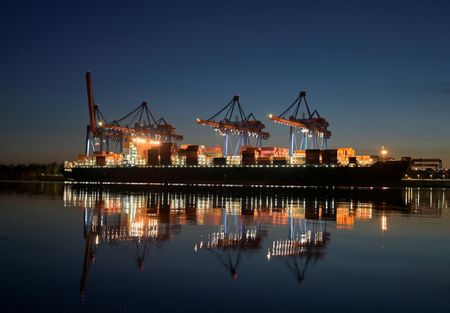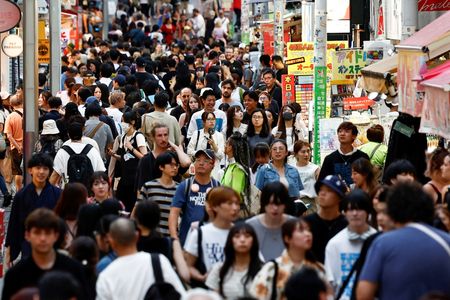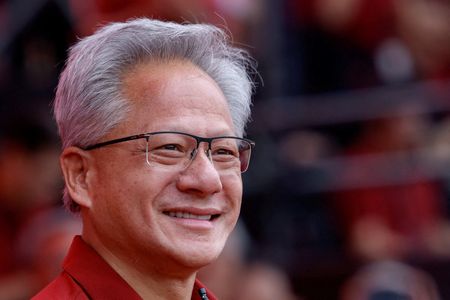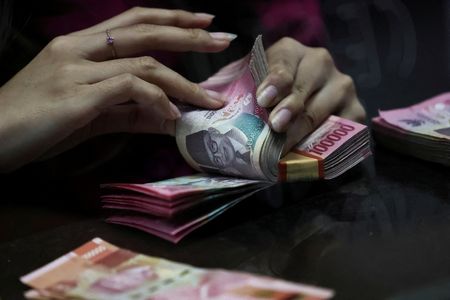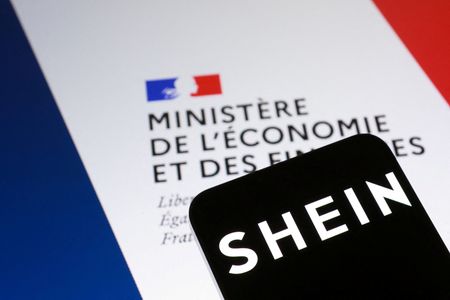By Christian Kraemer
BERLIN (Reuters) -Germany’s coalition government plans to re-examine its trade policies towards China including on energy, raw material imports and Chinese investment in critical German infrastructure and will set up a committee of experts to report to parliament.
The plan comes after a recent rise in trade tensions between the world’s second and third biggest economies. The committee will examine “security-relevant trade relations between Germany and China” and make recommendations to the government, according to a motion submitted by Chancellor Friedrich Merz’s conservatives and their Social Democratic coalition partners, seen by Reuters on Saturday.
The motion is likely to be passed next Friday and the committee – which will be staffed by a dozen academics, industry associations, labour representatives and think tank members – will be established shortly afterwards.
For decades, Germany saw China, another major exporter, as a natural ally in advocating for the open global trading system that helped Germany’s manufacturing sector flourish. But a series of recent blows – including Chinese restrictions on rare earth exports that threatened to paralyse Germany’s crucial car industry – have prompted a rethink.
The new committee will report to parliament twice a year.
“The aim of the committee is to examine from a legal, economic and political perspective the need for changes to foreign trade rules,” the motion read. The committee will also look at other countries’ trade ties with China.
Last month, German Foreign Minister Johann Wadephul, who has criticised China’s rare earth export restrictions and tacit backing for Russia in its war against Ukraine, postponed a trip to China at the last minute after Beijing confirmed only one of his requested meetings.
This week Chancellor Merz broke with decades of German free trade dogma by calling for Europe to adopt protectionist measures to sustain Europe’s steel industry in the face of a Chinese competitive onslaught.
Social Democrat Finance Minister Lars Klingbeil talked of the need for “a little more European patriotism”.
(Writing by Thomas Escritt; Editing by Susan Fenton)

